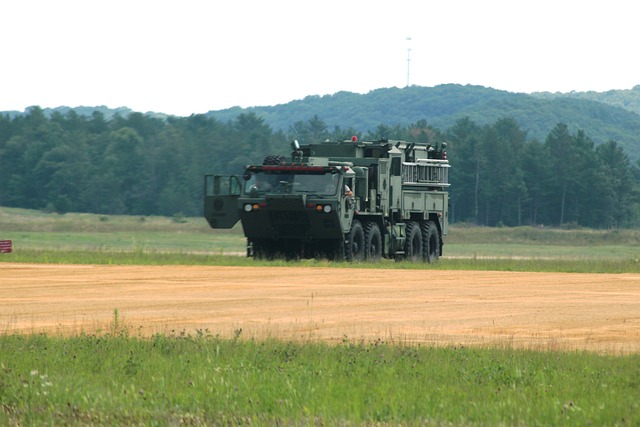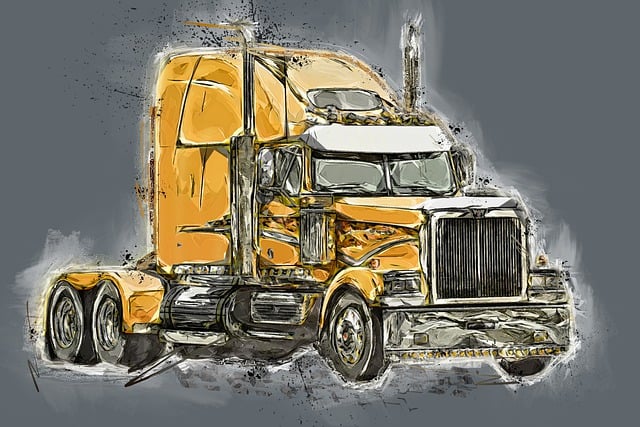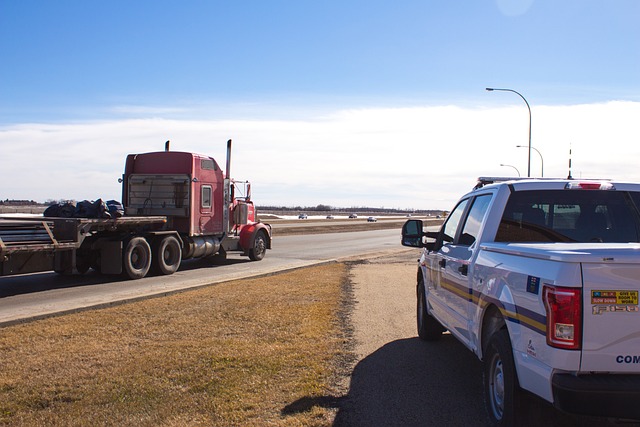Independent truckers face challenges securing affordable owner-operator insurance tailored to their unique needs, including fluctuating cargo types, irregular schedules, and diverse driving conditions. Factors influencing affordability include clean or accident-prone driving history, vehicle type, age, mileage, and routes driven. Strategizing involves comparing quotes from multiple insurers, customizing plans with higher deductibles, regularly reviewing policies, maintaining a clean record, and avoiding claims to secure cost-effective comprehensive protection while managing finances effectively under budget.
In the dynamic world of trucking, balancing cost and protection in insurance is a delicate dance. For independent truckers, this balance is paramount, as they navigate competitive roads while managing fluctuating fuel prices and regulatory changes. Understanding their unique needs is key to securing affordable owner-operator insurance. This article delves into the factors influencing these costs, explores strategies to optimize coverage without breaking the bank, and provides insights into comprehensive options, empowering truckers to make informed decisions in this complex landscape.
Understanding the Unique Needs of Independent Truckers

Independent truckers face distinct challenges when it comes to insurance, as their operations often require a delicate balance between managing costs and ensuring adequate protection. These professionals, also known as owner-operators, are not covered under traditional company policies, leaving them solely responsible for securing their own insurance plans. This reality underscores the imperative for customized solutions that cater to both budget constraints and the specific risks inherent in trucking.
Understanding these unique needs is crucial when seeking affordable owner-operator insurance. Unlike fleet operators with larger vehicles and fixed routes, independent truckers may have varying cargo types, irregular work schedules, and diverse driving environments. An ideal insurance policy for them would offer comprehensive coverage while minimizing premiums to remain feasible over time.
Factors Influencing Affordable Owner-Operator Insurance

Several factors play a crucial role in determining the affordability of owner-operator insurance, making it a complex yet essential consideration for independent truckers. One significant aspect is the driver’s driving history and claims experience. A clean record with no previous accidents or violations can significantly lower premium costs as insurers perceive such drivers as less risky. Conversely, a history of claims or traffic infractions will usually result in higher premiums due to the increased likelihood of future incidents.
The type of vehicle, its age, and usage patterns also impact insurance rates. Newer trucks with advanced safety features may qualify for discounted rates, while older models or those used for high-risk hauling could face higher costs. Additionally, factors like the number of miles driven annually and the specific routes taken influence risk assessment, as certain areas or types of transportation may carry more inherent dangers, leading to varying insurance requirements.
Strategies to Balance Cost and Protection

In the quest for balancing cost and protection in independent trucker insurance, several strategic approaches can help owner-operators find a sweet spot. One key strategy is to compare quotes from multiple insurers, as this allows for a comprehensive understanding of market rates. By shopping around, owner-operators can uncover affordable owner-operator insurance options without compromising on vital coverage. Additionally, customizing insurance plans based on specific needs can significantly reduce costs. For instance, selecting higher deductibles or opting for non-optional add-ons only when necessary can lower premiums.
Another effective method is to review and adjust policies periodically. Insurance needs evolve with time, so regularly reassessing your coverage ensures you’re not paying for unnecessary protections. Furthermore, maintaining a clean driving record and avoiding claims can lead to substantial discounts from insurance providers. Many companies offer rewards programs that incentivize safe driving practices, which in turn translate to lower premiums. Leveraging these strategies empowers independent truckers to make informed decisions, ensuring they receive adequate protection while managing their finances effectively under a budget.
Exploring Options for Comprehensive Coverage

When it comes to comprehensive coverage for your truck, exploring options is key to finding an affordable owner-operator insurance policy that suits your needs. Start by evaluating your risk profile and the type of cargo you transport. High-value items or specialized goods may require more extensive protection, impacting the cost. Consider different levels of coverage offered by various providers, as some might offer tailored packages for specific industries or usage types.
Researching market rates and comparing quotes from multiple insurers is a strategic move. You might discover that opting for higher deductibles can significantly lower premiums without compromising essential protections. Additionally, understanding what’s excluded in each policy is crucial; certain policies may exclude specific hazards or have limitations on claims processing. Making an informed choice between cost and coverage will ensure you’re prepared for any road-related incidents while keeping your insurance expenses manageable.
Balancing cost and protection in independent trucker insurance is a delicate act. By understanding the unique needs of owner-operators, considering influencing factors, and employing strategies that prioritize both affordability and robust coverage, truckers can navigate their insurance options with confidence. Exploring comprehensive coverage ensures peace of mind on the road, knowing that investments in this vital asset are protected. Ultimately, securing affordable owner-operator insurance allows independent truckers to focus on what they do best: getting cargo where it needs to go safely and efficiently.
